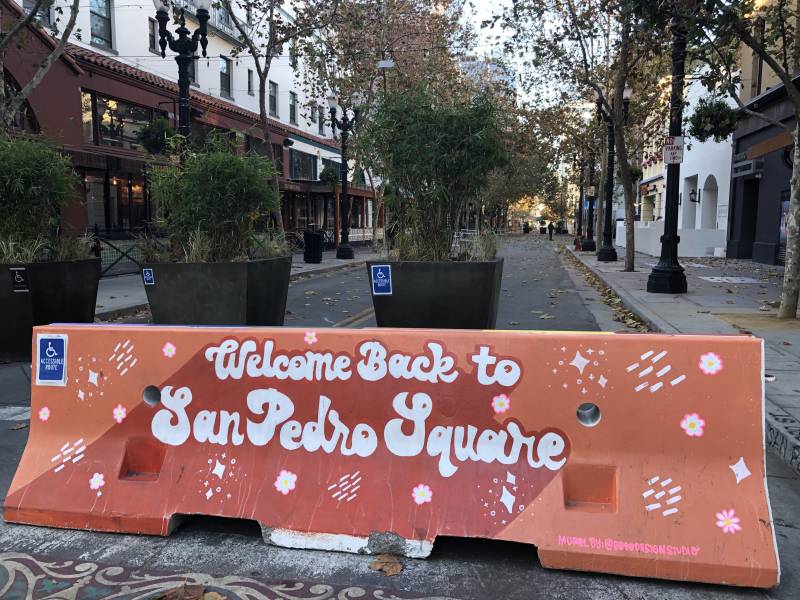But the strict stay-at-home restrictions that Santa Clara County adopted in early December have decimated foot traffic.
"Foot traffic has declined dramatically. It's almost like a ghost town on the weekdays, even on the weekends," said Nguyen, who has relied on her online store to drive holiday sales. In any other year, Nguyen might have counted on Black Friday sales to get her through the winter. Now, she's holding out until the lockdown is lifted and people can visit her shop in person again.
"I opened right after the first lockdown was lifted and a lot of people came out. They were just so confined for a while and that gave them a chance to get out and do something," she said. "We were thriving during that time."
Nguyen believes her online sales will keep her shop alive until at least early next year, when she expects the lockdown to lift and AuLaLa to have a boom in business again.
Scott Knies, executive director of the San Jose Downtown Association, is nervous about how businesses like Nguyen's will survive until Jan. 4, the last day of the Bay Area's lockdown order.
"It's harder than you think to go into hibernation and shut a business down completely," Knies said. "Who knows on Jan. 5 what's going to happen [when businesses can open again]? There's exhaustion with a lot of these small businesses and tremendous vulnerability in this economic crisis."
Before the pandemic hit, employees from large tech companies in San Jose (think Adobe and Sage Intacct) would eat and shop in the city's downtown. Now that these companies have moved to a remote-work model, Knies is unsure of when people will return to downtown San Jose and patronize the local businesses.
